How should the UK manage its relations with China?
The Foreign Affairs Committee has been working on this question
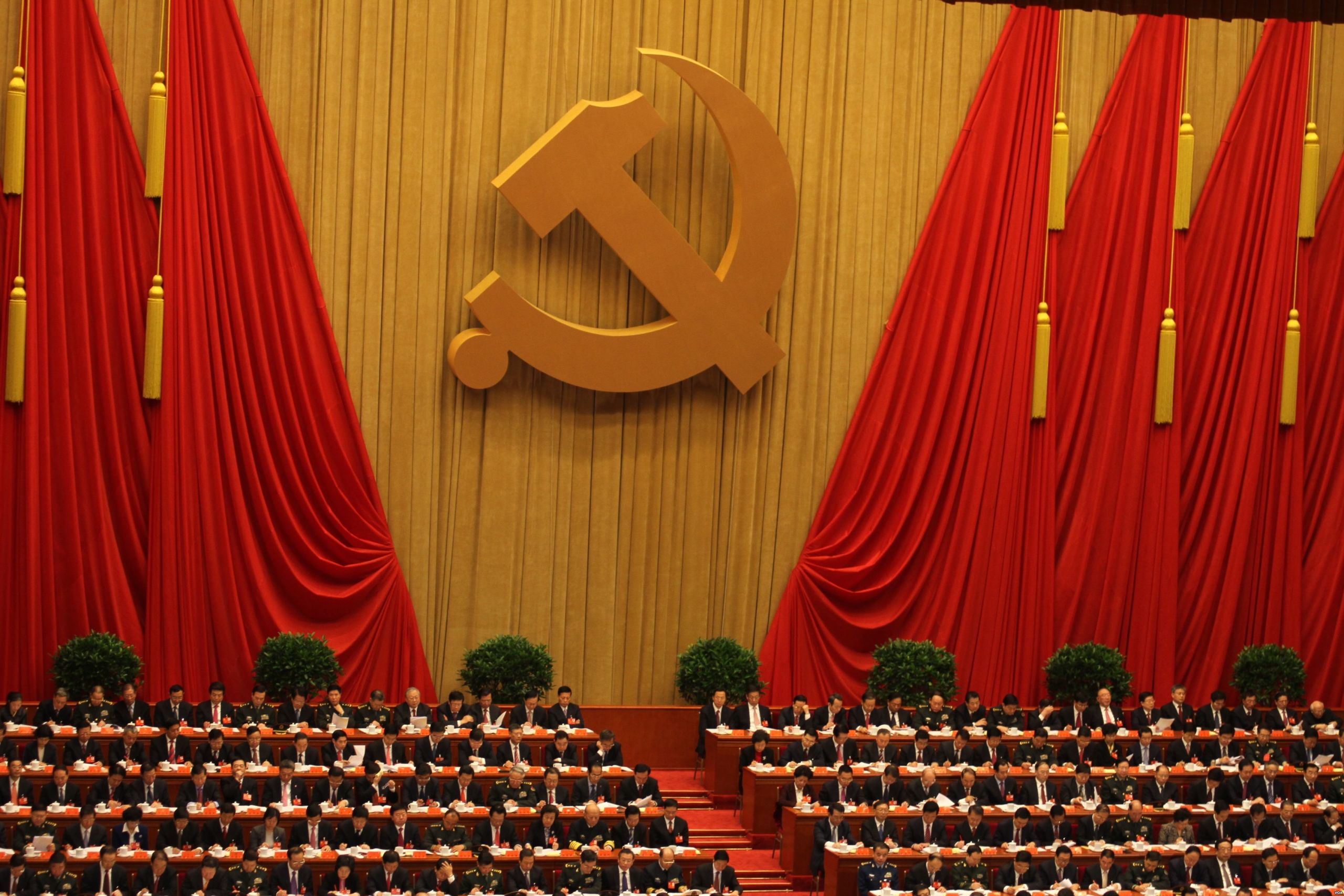
In November 2017, the Foreign Affairs Committee launched an inquiry into China and the international rules-based system.
We've been hearing from experts on how China engages with the world. You can see all the information we've gathered so far on our website.
China is the world’s second-biggest economy. Its global role and its military power are growing rapidly.

We wantedto know how China works with the global rules and institutions that protect our security and prosperity, and what the UK can do to encourage China to engage positively.
We held our first evidence session in March 2018
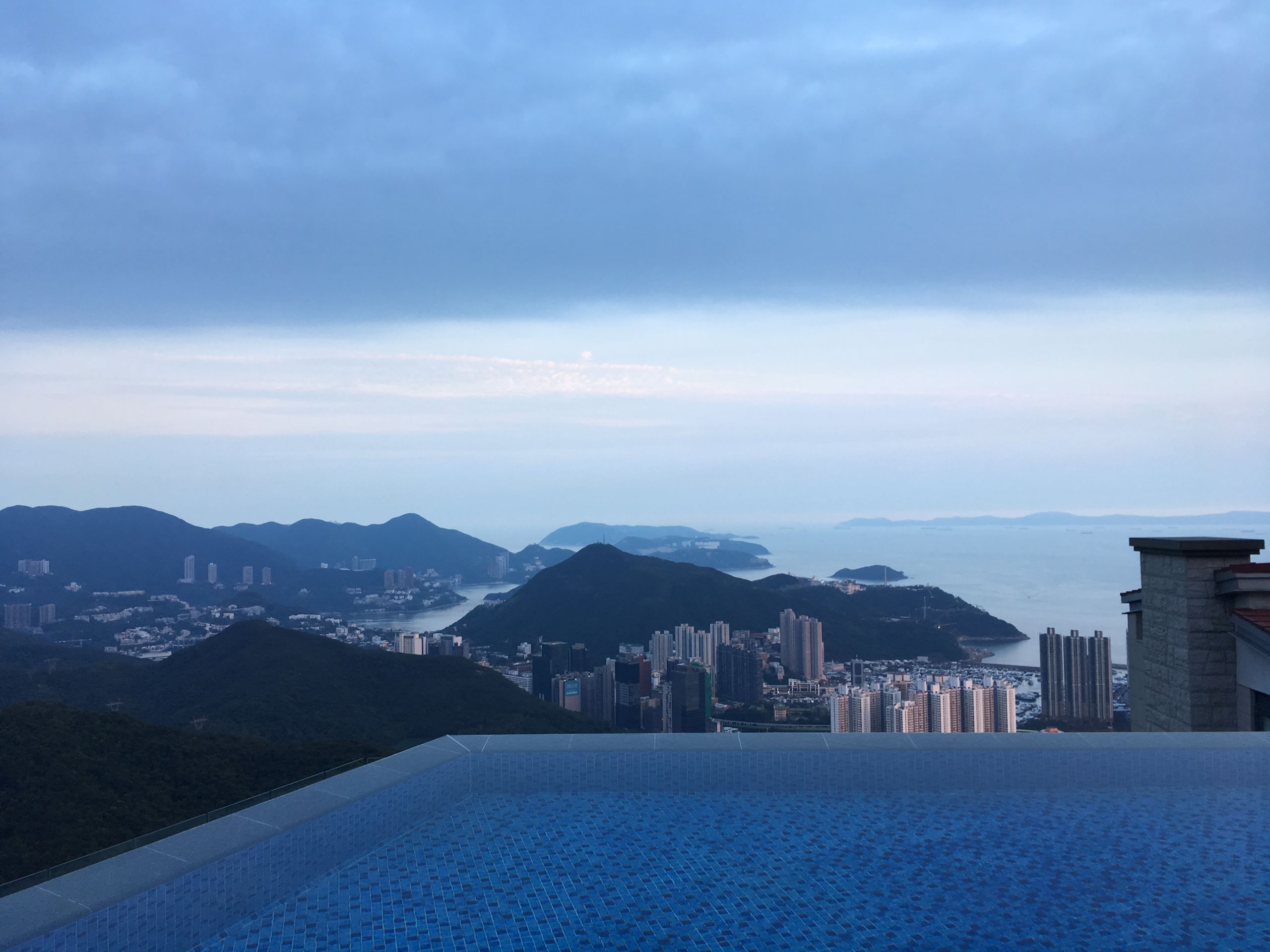
We asked about China’s views on the international economic order, including bodies like the World Trade Organisation (WTO) and the International Monetary Fund (IMF).
Dr Yuka Kobayashi, Lecturer at SOAS, told us China thinks some parts of the economic order need to change.
Dr Jan Knoerich, Lecturer at King’s College London, told us China has benefited from membership of the WTO but has not implemented all of its commitments.
In September, we travelled to Beijing and Hong Kong.
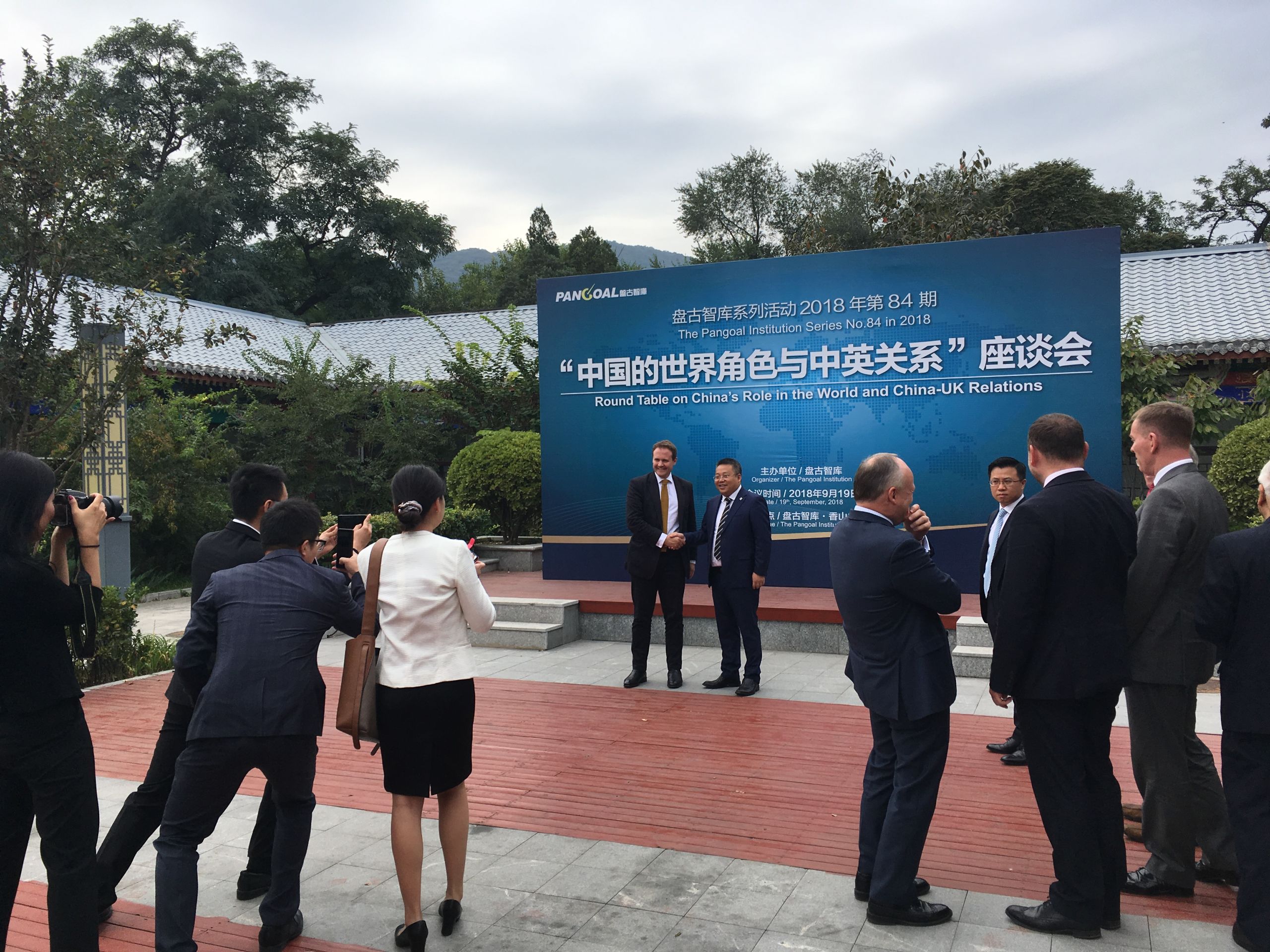
In Beijing, we heard from senior officials, think tanks, the UN and NGO staff.
We talked about how China sees the international system and how the UK can respond.
In Hong Kong, we met with Chief Executive Carrie Lam, Legislative Council members, academics, lawyers, journalists and business people.
We discussed China’s approach to Hong Kong, Hong Kong’s role in the international system, and how the UK can help to protect Hong Kong’s freedoms.
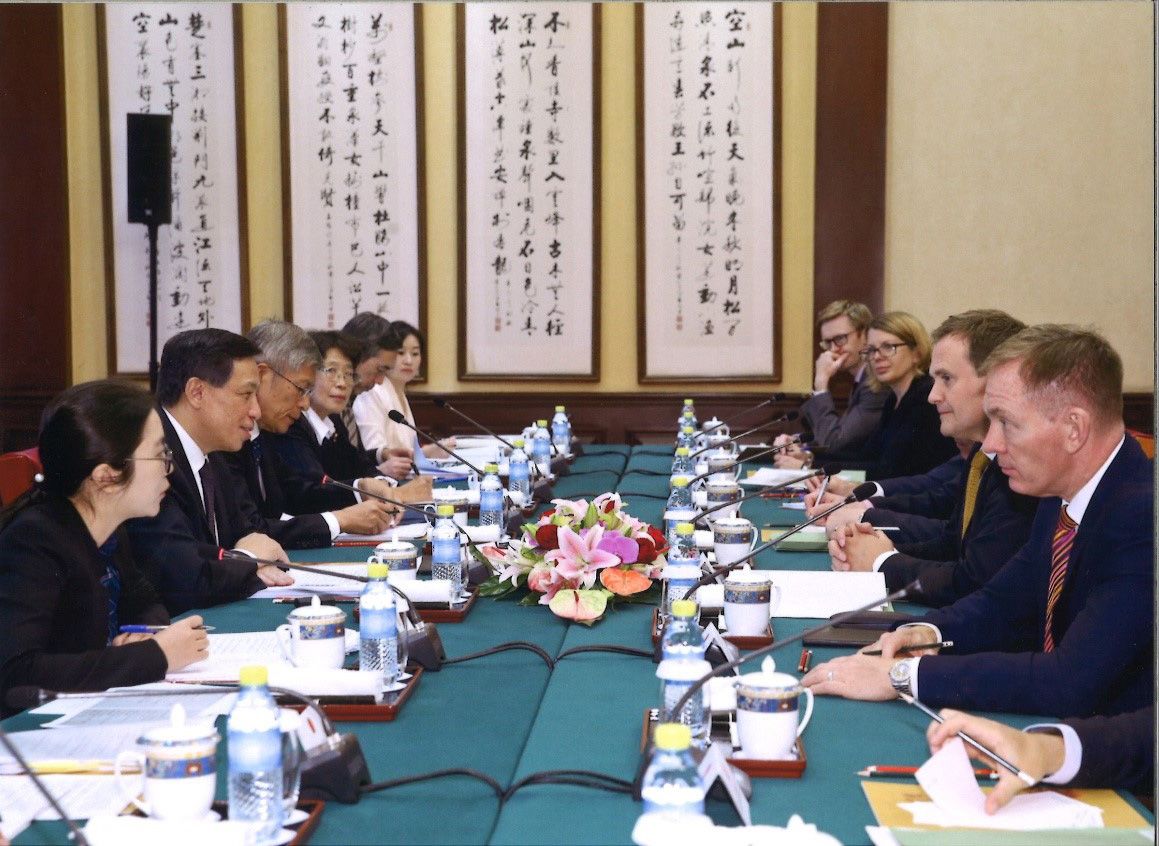
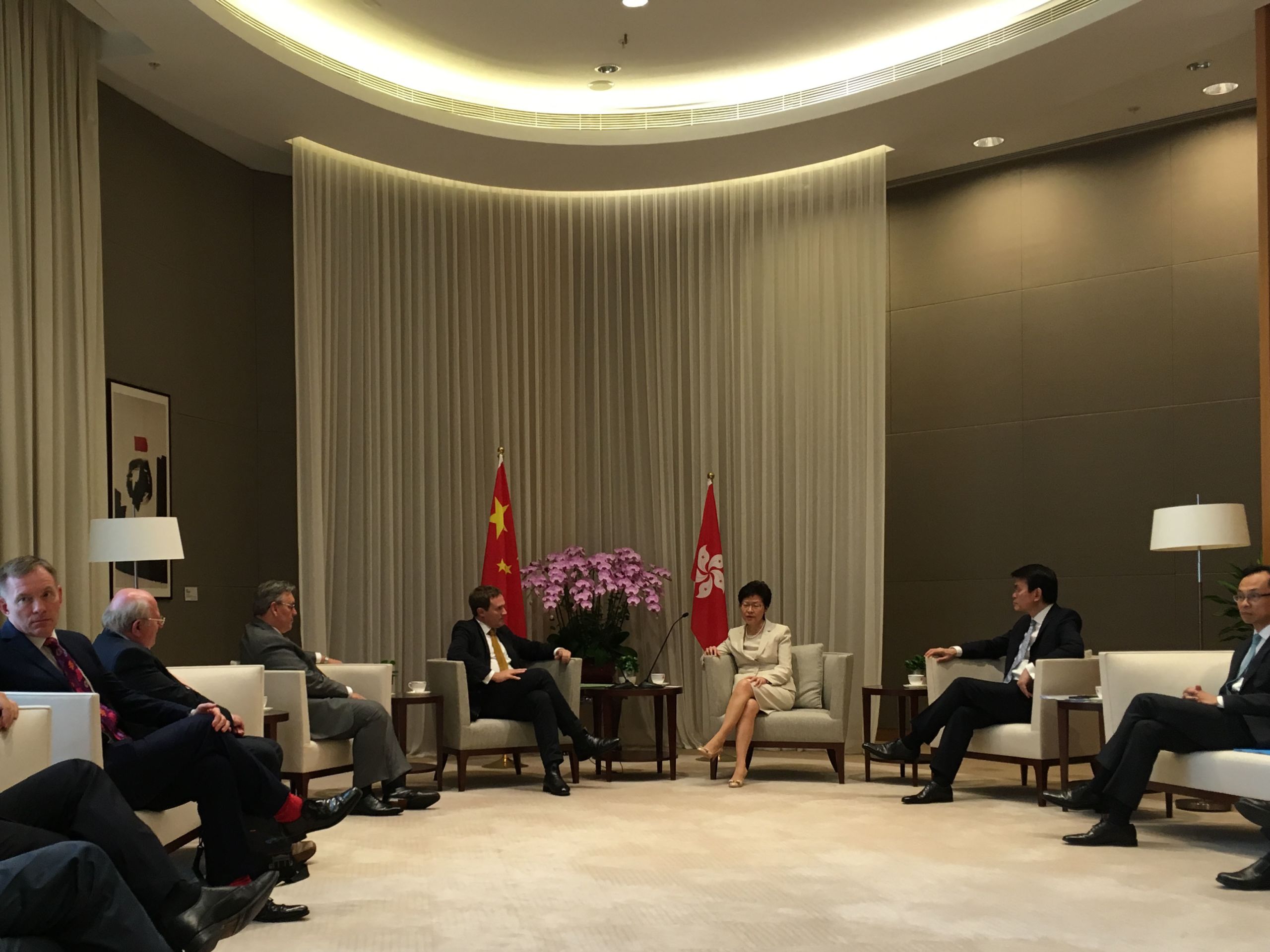
Back in Westminster, we considered China’s relationships with countries in its region, and the implications for UK foreign policy.
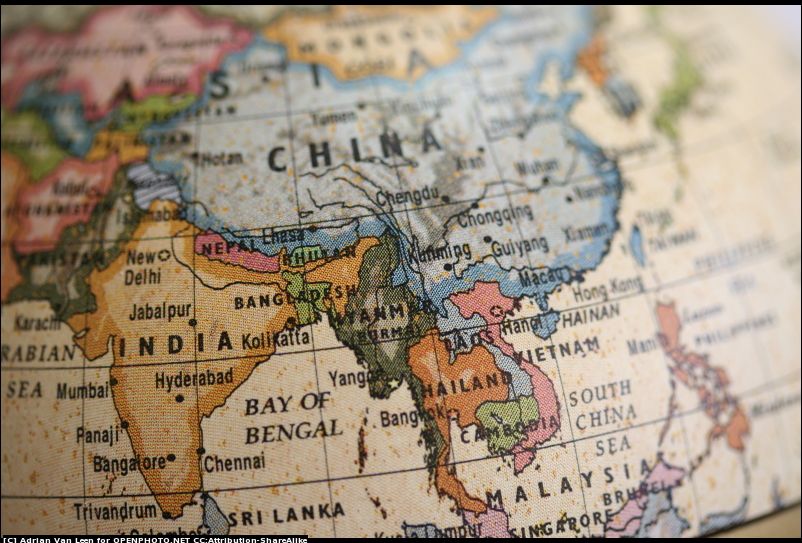
Shashank Joshi, Defence Editor of The Economist, described how the UK’s approach to China affects our relationship with India.
Nigel Inkster, Senior Adviser at the International Institute for Strategic Studies, discussed China’s arrest of Meng Hongwei, the Head of Interpol.
In October, the then Foreign Secretary told us that responding to the rise of China was one of his biggest priorities.
In November, former Australian Prime Minister Kevin Rudd told us about his experiences in working with China.
We asked Mr Rudd how China reacts to public criticism on human rights and economic pressure.
“Badly and badly,” he said.
“China respects strength, and is contemptuous of weakness. China respects consistency, and is contemptuous of wavering."
In January, we discussed how China’s policies at home affect the way it acts abroad.
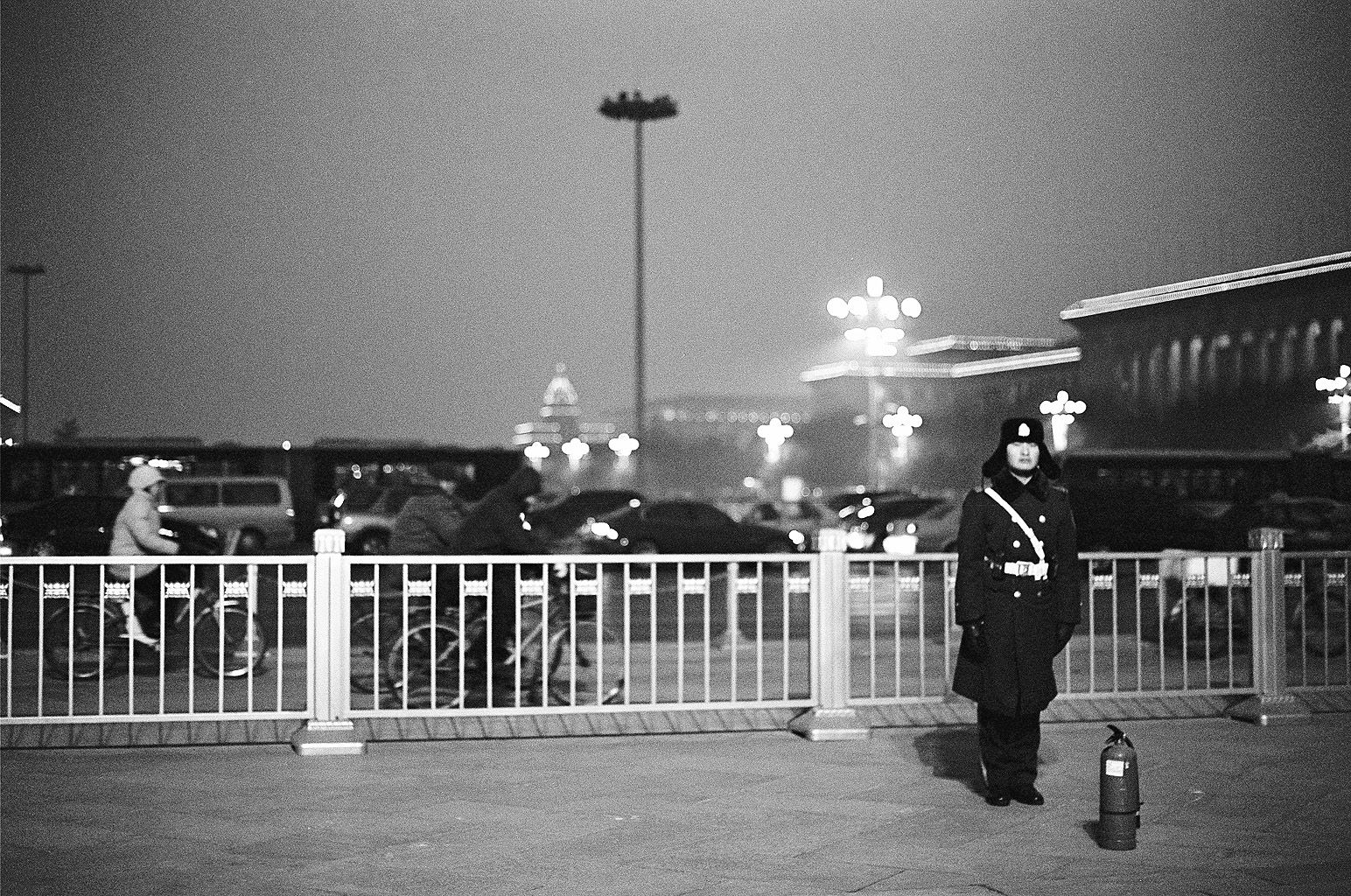
On 8 January, we spoke to a range of experts on life in China and Hong Kong:
- Professor Eva Pils of King’s College London
- Paul Roseby OBE, CEO and Artistic Director, National Youth Theatre of Great Britain
- Professor Steve Tsang of SOAS
- Professor Sebastian Veg of the School of Advanced Studies in Social Sciences in Paris
- Baron Patten of Barnes, the 28th and final Governor of Hong Kong (1992-97)
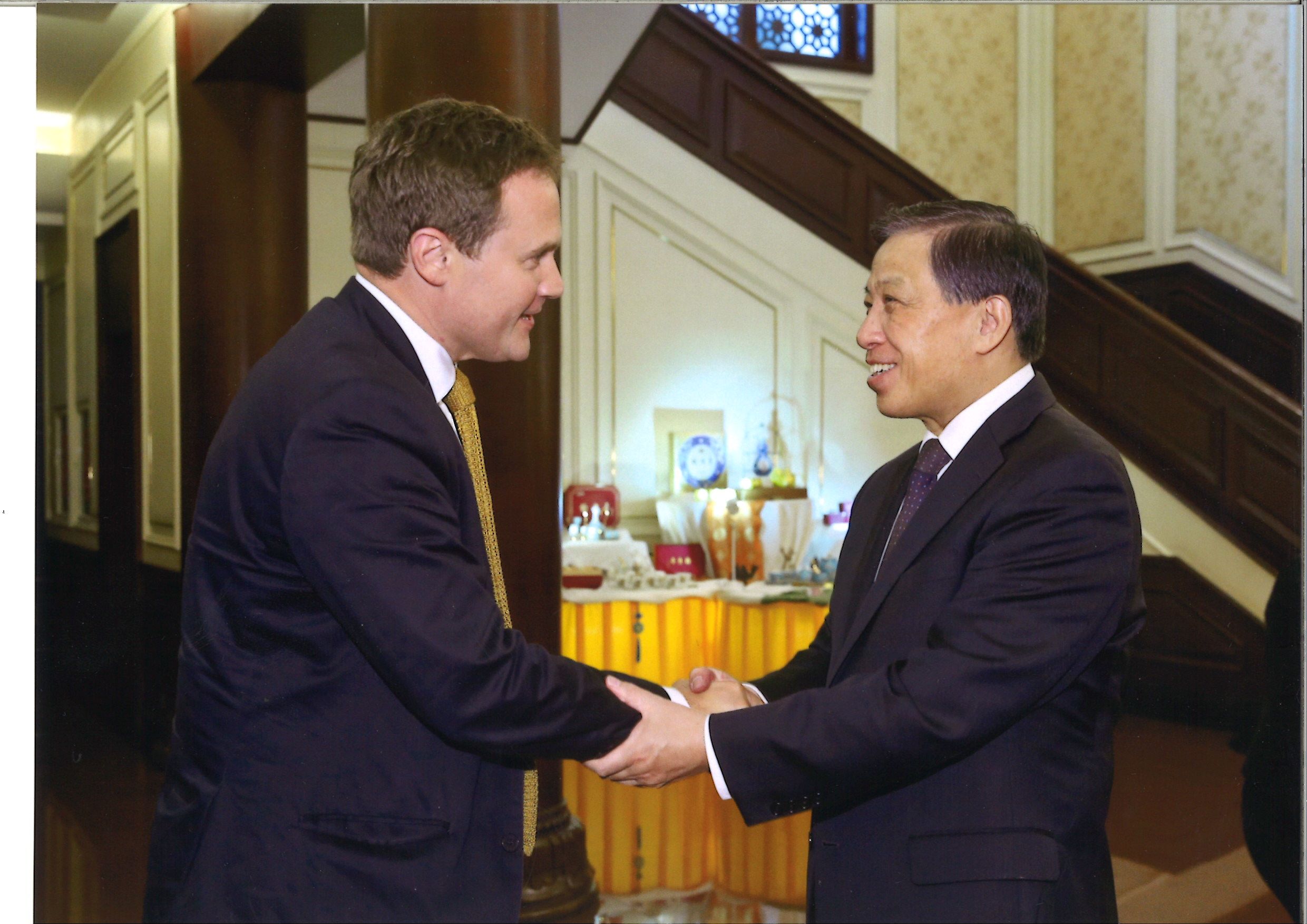
In January 2019, we held the final evidence session of the inquiry with then Minister of State for Asia and the Pacific at the FCO. You can read the transcript here.
We would like to thank everyone who contributed evidence to this inquiry.
